Victor Grossman – 12. Juli 2022
THE WAR * GERMANY * THE LEFT
BERLIN BULLETIN NO. 203

Victor Grossman
In 1307 in Switzerland, so goes the legend, the Habsburg rulers’ local bailiff, Gessler, stuck his hat on a pole and commanded every passerby to salute it. Wilhelm Tell refused. As fearsome punishment he had to shoot an apple from his own little boy’s head with his crossbow. His aim was sure, the boy was safe. But „Gessler’s hat” still means forced obeisance to some symbol. Or else!
In current media, every mention of the war in Ukraine must start with a denunciation of that monster Putin. Or else! What epithet is more withering than “Putin-lover”!
I, too, am not a Putin-lover. And I have a great hatred of war, especially war rained from the skies or aimed from a distance. Waging war, against civilians, even against young uniformed “adversaries,” is inherently wrong. But I will not bow my head to this modern “Gessler’s hat”, no matter what epithets I may be pelted with (crossbows are rarely available). Actually, for my last Berlin Bulletin, while some readers accused me of being too “pro-Putin” others said I was too “anti-Putin”!
Despite my horror at the death, destruction and misery I see daily on TV, my entire background demands a careful analysis of a conflagration which may yet fling flames across more borders and can all too easily kindle atomic annihilation. Why did Russia send an army into Ukraine? Was it pure imperialism? A terrible miscalculation? Did Putin see it as a dire necessity? Or was it a baited trap?
To start with, I cannot forget, deny or ignore what I have seen happen since 1945; how the Pentagon, White House, Congress and those behind them sought the defeat of one pro-socialist effort after another. They failed in Cuba and Vietnam, they succeeded in Ghana, Grenada, Chile – and, most important, in Europe! By utilizing every weakness, blunder, even offense, and exerting every form of pressure, Poland was won by a team led by Ronald Reagan, “Polish Pope” John Paul II, the CIA and a few experts in the AFL-CIO. In 1989-90 it was the GDR’s turn, with help from US Ambassador to Bonn Vernon Walters, a former CIA Deputy Director who had played a major role in Poland. In 1991 came the glorious victory over the USSR, where Yeltsin, an alcoholic marionette, opened the gates to ten years of chaos, desolation and sell-out to new Russian oligarchs and not so new US corporations.
That’s when Putin stepped in, just in time to save Russia from total collapse, using his own set of oligarchs, crossing himself piously as he knelt in church but keeping a tight state hold on banks and basic resources. This was not at all what American businessmen and politicians wanted. So the US-led military pact NATO, breaking its promise of 1990 not to move an inch eastwards, advanced, one regime-changed ally after the other, towards complete encirclement of Russia: in 1999 Poland, Hungary, the Czech Republic, in 2004 Slovakia, Bulgaria, Romania, Estonia, Latvia, Lithuania; then the hinterland in fragmented, bombed ex-Yugoslavia: Slovenia, Croatia, Montenegro, North Macedonia. Only a few more were needed to close a tight ring around Russia. Afghanistan did not pan out, nor did Georgia (though attempts are vigorously continuing). But most important was Ukraine, which could block Russia from the Black Sea and reached to within 400 miles of Moscow.
The elected president of that huge gem, unwilling to become part of the encircling noose, sought a more neutral position. “Not enough!” said NATO and sent in Nuland. Victoria Nuland, deputy in Hillary Clinton’s State Department (and wife of a top cold war strategist), went to Kyiv, dealt out at least $5 billion and even tasty cookies to a largely right-wing, anti-Russian crowd, and maybe a few to the mysterious snipers who forced the president to flee for his life. In a famous hacked phone call she personally chose the next Ukrainian ruler, banker-politician Yatzenyuk, a man supported by the “Freedom Party” of Oleh Tyahnybok, who had denounced a “Jewish-Russian Mafia” and praised Ukraine’s new hero Stepan Bandera, who led in murdering thousands of Jews and Poles in 1941.
One of the new rulers’ first measures discriminated against the many Russian-speakers, limiting the use of all but Ukrainian, making them second-class citizens and in Crimea angry enough to vote, with a big majority, to break with Ukraine and rejoin with Russia (to which they had belonged until 1954) and in eastern Donbas to form two separate republics, much as Albanian-speaking people in Kosovo broke away from Serbia in 2008. In such decisions national pride, or self-defense – superseded complex international rules. Military operations against Donbas were soon launched, using the fascistic “Azov” militia units.
With Ukraine now a new segment in the ring around Russia, USA-NATO built up its strength there, first with “non-lethal” arms and trainers, letting allies like Lithuania pass on bigger stuff. Then came a series of military maneuvers. Defender-Europe 20 was hindered by Covid-19 but, in 2021, Sea Breeze was conducted in the Sea of Azov and the Black Sea with more than 30 warships and 40 planes from 32 countries not far from the Russians’ southern naval base of Sevastopol.
Then it was Operation Cossack Mace, this time to “improve compatibility between British and Ukrainian military formations, strengthen mutual relations, joint planning and perform battalion and tactical operations.” Two British-built naval bases were planned near the short Russian coast.
In September 2021 it was Rapid Trident 21. -“To increase combat readiness, defense capabilities and interoperability, the exercise features joint jumps of Ukrainian and U.S. paratroopers and, for the first time, service members will conduct battalion tactical exercises of a multinational battalion with combat shooting in a single combat order … The purpose is to prepare for joint actions as part of a multinational force during coalition operations.” Joining the USA and Ukraine were Bulgaria, Canada, Georgia, Germany, Italy, Jordan, Lithuania, Moldova, Pakistan, Poland, Romania, Turkey and the UK.
Such activities were allegedly for peace, defending Ukraine against “authoritarianism.” But Russia viewed the threat of cutting it off in the Baltic and Black Sea, plus 700 or 800 big or small USA bases on six continents, in a very different way. Washington was a safe 7800 miles away; St. Petersburg and Moscow were under the noses of those missile launchers, warplanes and warships, and the USA alone had a 13-1 preponderance over Russia in military spending. Bipartisan American politicians were outdoing themselves in reviling Russia, nor could the Maidan events with Victoria Nuland be forgotten.
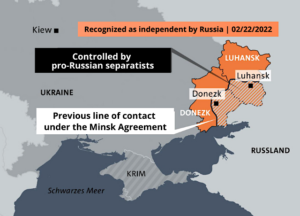
As for Putin, like him or hate him, it is hardly surprising that he was alarmed, perhaps even for personal reasons in view of the fates of other leaders disliked by Washington: Allende, dead in his bombed residence, Lumumba, tortured and murdered, Saddam Hussein, hanged, Muammar Gaddafi, fatally sodomized, the Afghani Najibullah, castrated and stringed up, Usama Bin Ladin, shot in his rooms and dumped into the ocean, Slobodan Milošević, mysteriously dying in a prison cell. (Fidel Castro was luckier, surviving over a hundred bungled CIA assassination attempts.)




















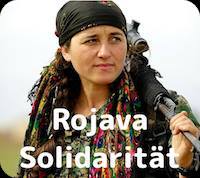

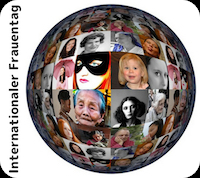

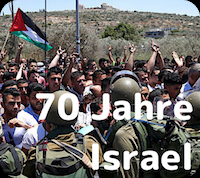



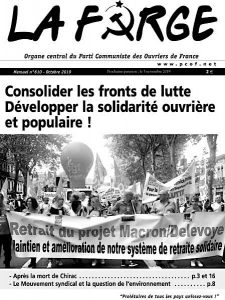



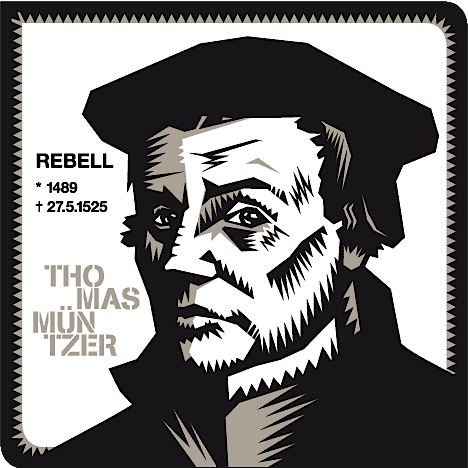
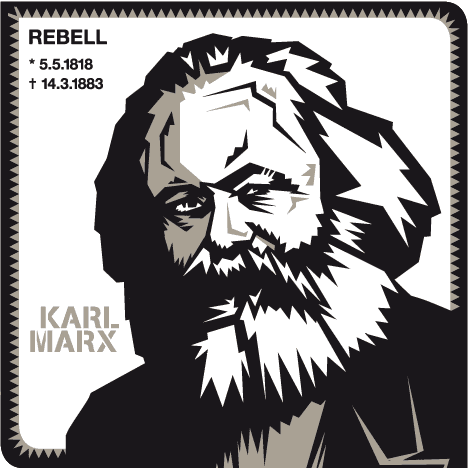
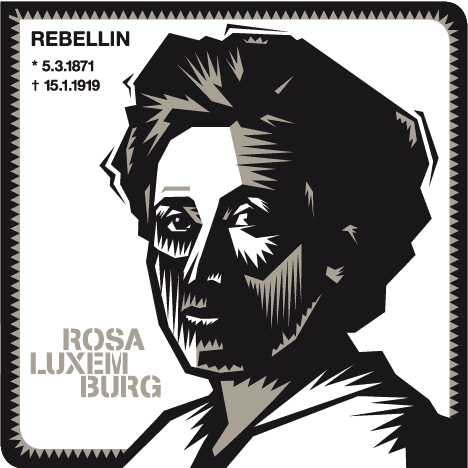
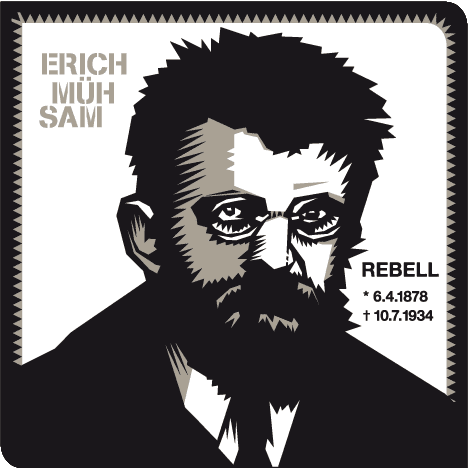
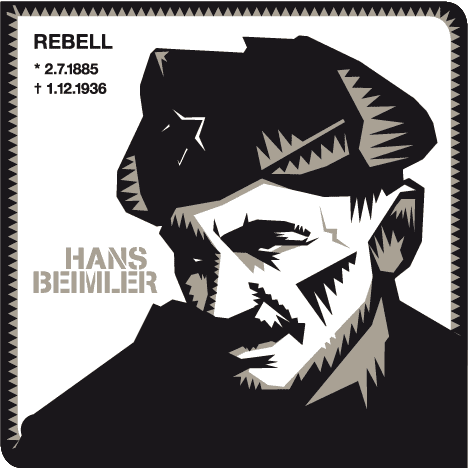
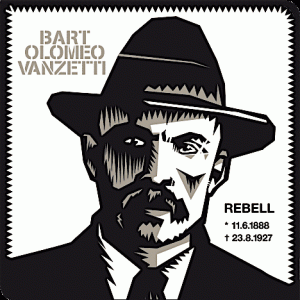

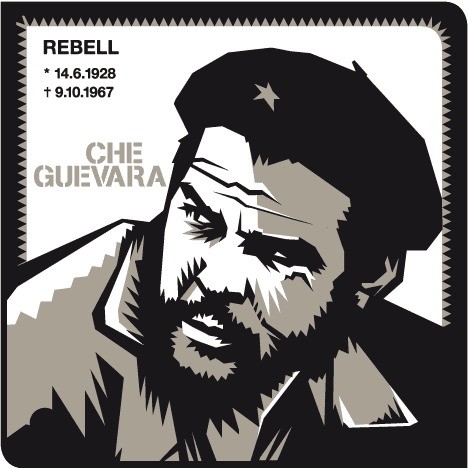
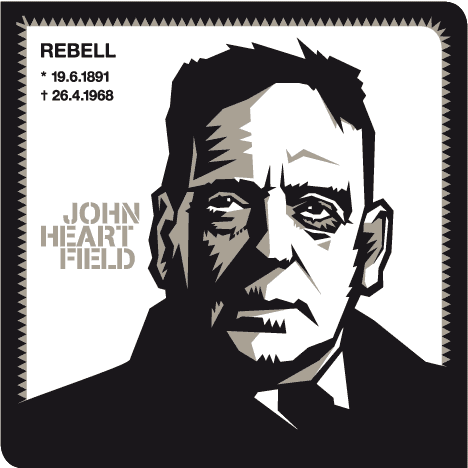
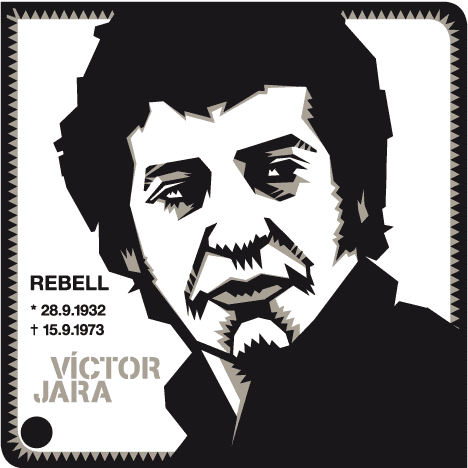
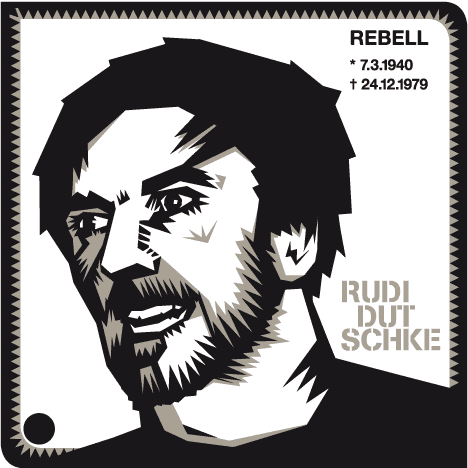
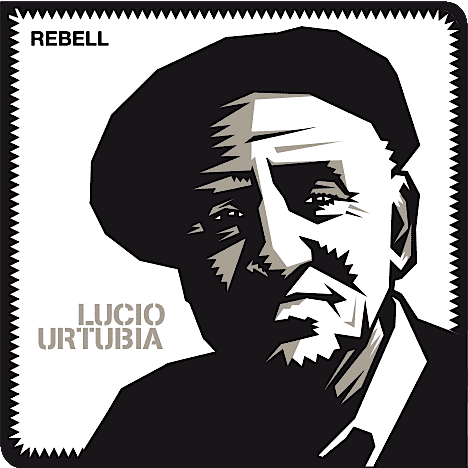

Diskussion ¬